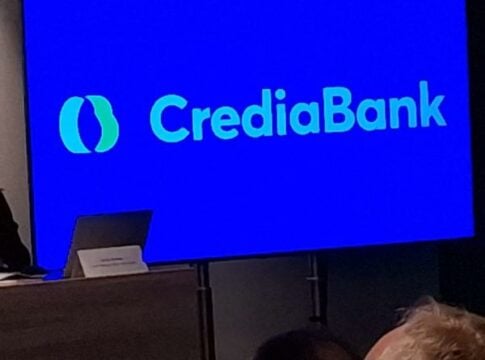The European Commission is sounding the alarm, once again in Greece, regarding the coverage of ultra-high-speed fiber optic networks connecting to the internet, which is at 28% compared to the European average of 73%.
In the first report on the progress of member countries, which was published yesterday, it is even noted that, “Greece still lacks a comprehensive strategy to direct investments and initiatives that are aligned with the goal of the digital decade 2030 for Gigabit connectivity for all.”
The conclusion is that “Greece should intensify its efforts in connectivity infrastructure, mainly in coverage with networks capable of Gigabit speeds.”
It added that “the National Broadband Plan 2021-2027, approved at the end of 2022, aims to create a 100 Mbps infrastructure, immediately upgradable to 1 Gbps, which falls short of the Digital Decade’s target of Gigabit speeds to all citizens by 2030.”
In contrast, Greece performs better in terms of mobile connectivity and, as a pioneer in deploying 5G frequencies, has reached 86% coverage with 5G networks in 2022, above the EU average (81%).
In the digitization of public services, progress has been made, however, it is noted that Greece still performs below the EU average.
In terms of access to electronic health records, Greece ranks significantly lower than the EU average, as the range of accessible data is limited and authentication is not done with an electronic identification (eID) that has been shared with or complies with the eIDAS regulation.
In 2022 several health digitization projects were launched, such as the mobile app, which will contribute to the Digital Decade goal of all citizens having access to their electronic health records.
At least 52% of the Greek population has basic digital skills, close to the EU average (54%).
At the same time, the percentage of ICT (Information and Communication Technologies) specialists in total employment in Greece is 2.5%, one of the lowest in the EU with 20.3% being women, a small percentage, but above the European average which is 18.9%.
The report underlined that Greece needs to significantly step up its efforts in the field of digital skills.
Greece’s performance falls short of the other member countries of the Union also in terms of the use of digital services by small and medium-sized Enterprises (SMEs). The level of use of digital services in the media in Greece is at 41%, when the European average is 69%.














